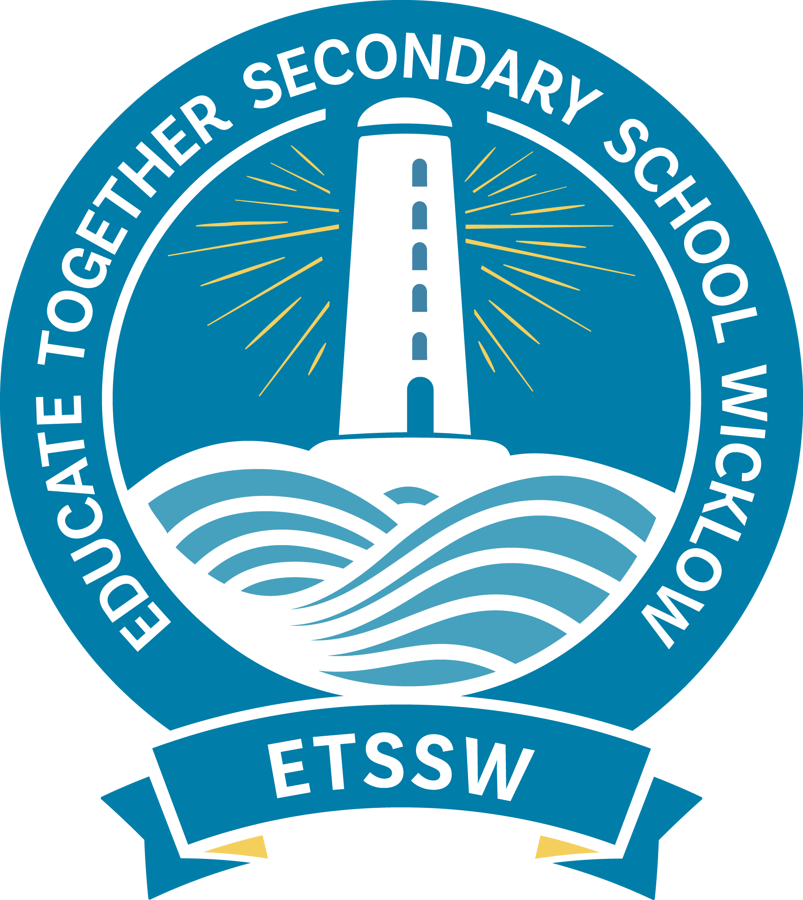SCIENCE
Junior Cycle Science allows students to
study four key topics Physics, Chemistry, Biology and Earth & Space. While
studying science students will develop an evidence-based understanding of the
natural world and the ability to gather and evaluate evidence: to consolidate
and deepen their skills of working scientifically; to make them more self-aware
as learners and become competent in their ability to use and apply science in
their everyday lives.
Students
should gain an understanding of the scientific method and skills associated
with numeracy and literacy through experimental report writing and the
manipulation of data. The subject studies key principles, theories and facts
relating to science and their applications to everyday living.
Here at ETSSW we aim to encourage students:
- to develop a sense of enjoyment in the learning of science, leading to a lifelong interest in science
- to develop scientific literacy and apply this to the analysis of science issues relevant to society, the environment and sustainability
- to develop a scientific habit of mind and inquiry orientation through class, laboratory and/ or off-site activities that foster investigation, imagination, curiosity and creativity in solving engaging, relevant problems, and to improve their reasoning and decision-making abilities
- to develop the key skills of junior cycle to find, use, manage, synthesise, and evaluate data; to communicate scientific understanding and findings using a variety of media; and to justify ideas on the basis of evidence
- to acquire a body of scientific knowledge; to develop an understanding of Earth and space and their place in the physical, biological, and chemical world and to help establish a foundation for more advanced learning.
Over the course of the three years there are two classroom-based
assessments (CBA); the first in 2nd year and the second in 3rd
year. Theses CBAs give the students the opportunity to explore areas that
interest them by selecting their own topic or problem to investigate. CBA1 is
an extended experimental investigation (EEI), where students carry out their
own investigation. Examples of CBA1 can be found here. CBA2 is a science
in society (SSI) research-based project. Examples of CBA2 can be found here. Students will
then complete an assessment task based on CBA2 that the State Examinations
Commission will assess; this will make up 10% of a student's marks.
The final assessment is a single examination paper at a common level for
a duration of two hours at the end of third year.
 A New Approach to Education
A New Approach to Education


